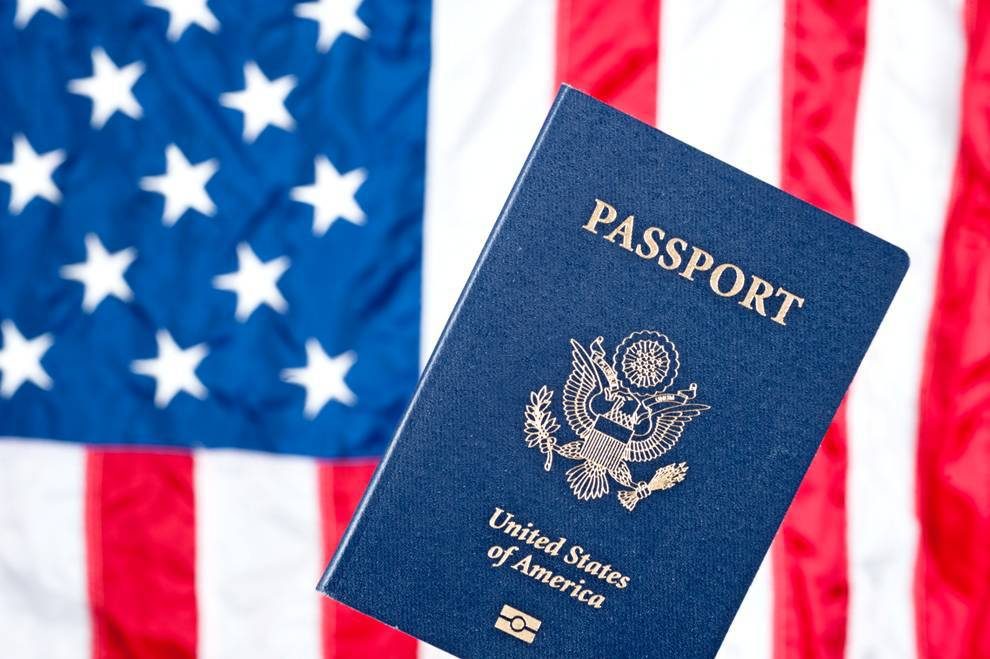Immigration bonds are a hot topic in today’s world mostly because of the immigration issues facing the country. Both sides of the aisle are divided on what to do about accommodating immigrants within the US and how to best deal with the waves of immigrants that are coming into the country every day.
What is An Immigration Bond?
The department of immigration asks for a bond to ensure that you will attend each and every one of your hearings as promised. If you’re ready to promise that you will do that if you’re released from your detention as well as abide by any and all decisions that are taken by the judge, including deportation, then you can sign a bond.
Detainees are usually assigned a bond by ICE at 2 pm in the afternoon on the very same day they arrive. Bond amounts aren’t constant and can be wildly different depending on the case at hand. However, whatever the bond amount is, it has to be paid completely before the detainees are released.
Eligibility Criteria
You’re eligible for a bond if you can prove that you don’t pose a threat to the society at large. This includes being a flight risk. In a few cases, the detainee can’t be eligible for a bond due to prior convictions as well as criminal history. This can include a previous deportation as well.
You can also be refused a bond if ICE determines that you’re not being forthright with your answers or being cooperative to the full extent that is required. In such cases, it’s best to speak to your pro bono immigration lawyer to determine eligibility.
Bond Hearing Procedure
ICE can give paperwork with the bond that is assigned to you in order to fill out. If you’re a detainee, then you can ask the judge to give you a bond hearing and consider setting a bond of a lower amount than the one already given to you by ICE. You can ask for a hearing in a few of the following ways:
- You can directly approach the judge at the first hearing to request a bond hearing immediately if possible. Bond hearings are separate from deportation hearings, although the exact same judge will preside over the proceedings. If you’ve asked for a bond hearing at court, then the judge usually assigns you a hearing in the days or weeks following your request; except in special exceptions. To officially request the hearing you’ll have to check the following ‘Notice of Custody Determination’:
- [] I do request an immigration judge review of this custody determination
- You can also write the judge a bond hearing letter of request. In this letter, you should include your name, A-number, as well as the official request. Send this to immigration court immediately.
In the event that you’re scheduled for a hearing too soon and you haven’t had time to collect enough proof and proper documentation to mount a defense, you can request for it to be scheduled to a later time. Don’t be afraid to do this since your bond hearing requires as good a preparation as it can have. Fearing the judge’s reprimand concerning a rescheduled hearing is not logically the most pressing thing on your mind when the consequence of a poorly prepared for bond hearing is hanging like an axe over you.
You can find more info here about Immigration bonds in the US.
What to Bring to a Bond Hearing
- Sponsor Letter: To be presented to the judge in order to verify your relationship with the sponsor.
- How the detainee and the sponsor know each other
- The legal immigration status of the sponsor (they need to be a legal permanent resident or a US citizen). Proof of that status also needs to be attached here.
- The address of the location that the sponsor and detainee will stay. This has to include the house number, the street number, etc. Proof of this residence needs to be attached. Any piece of correspondence similar to a utility bill will do in this case.
- Means of support for the detainee if they are released to the sponsor successfully as a result of the hearing.
- Supporting Documents: Remember that you need to convince the judge at the bond hearing that you will be a law-abiding member of the community that you will reside in. You need to prove to the judge any evidence that points to your strength of moral character, links to the community, as well as your commitment to assimilating within the community at large.
- Evidence for your eligibility that can act as relief from deportation (evidence of persecution in the past, I-130 approval notice, etc)
- Any proof of relatives residing in the United States that have legal status (Legal Permanent Spouse, Birth Certificates of the US Citizens, Parents, Children)
- Tax Records
- Letters of support from as many members of your family as possible. These can include drawings from children that show you in a good light. Identification of the letter’s author needs to be present as well.
- Letters of support from friends as well as a copy of their identifications
- Letters from people that know you (your neighbors, landlord, religious leaders, etc)
- Letters that show community involvement (volunteer organizations, churches, synagogues)
- Letter reflecting on the reason that you want to immigrate to the US
- Proof of any financial support from your family (rent receipts, child support)
- Social Security Records
- Evidence of owning property in the previous country of residence
- copy of marriage certificate
- proof of insurance (auto insurance, medical insurance)
- Evidence of any time served in the armed forces
- Letters from counselors and doctors which describe health problems, trauma, or any impact on the detainee if they will be deported
Immigration bonds are incredibly important for all immigrants and serve as a way for them to seek legal asylum in the US.












Add Comment